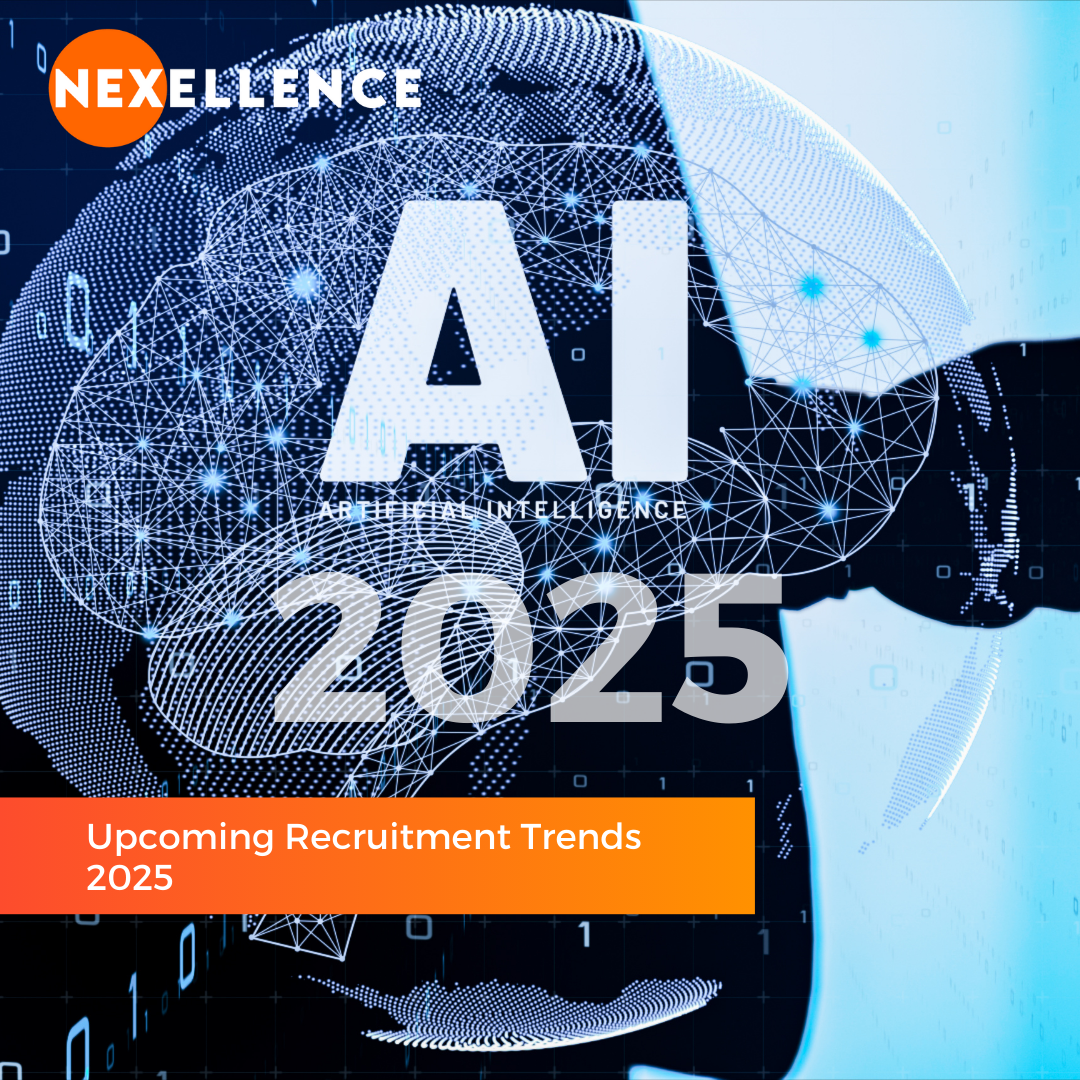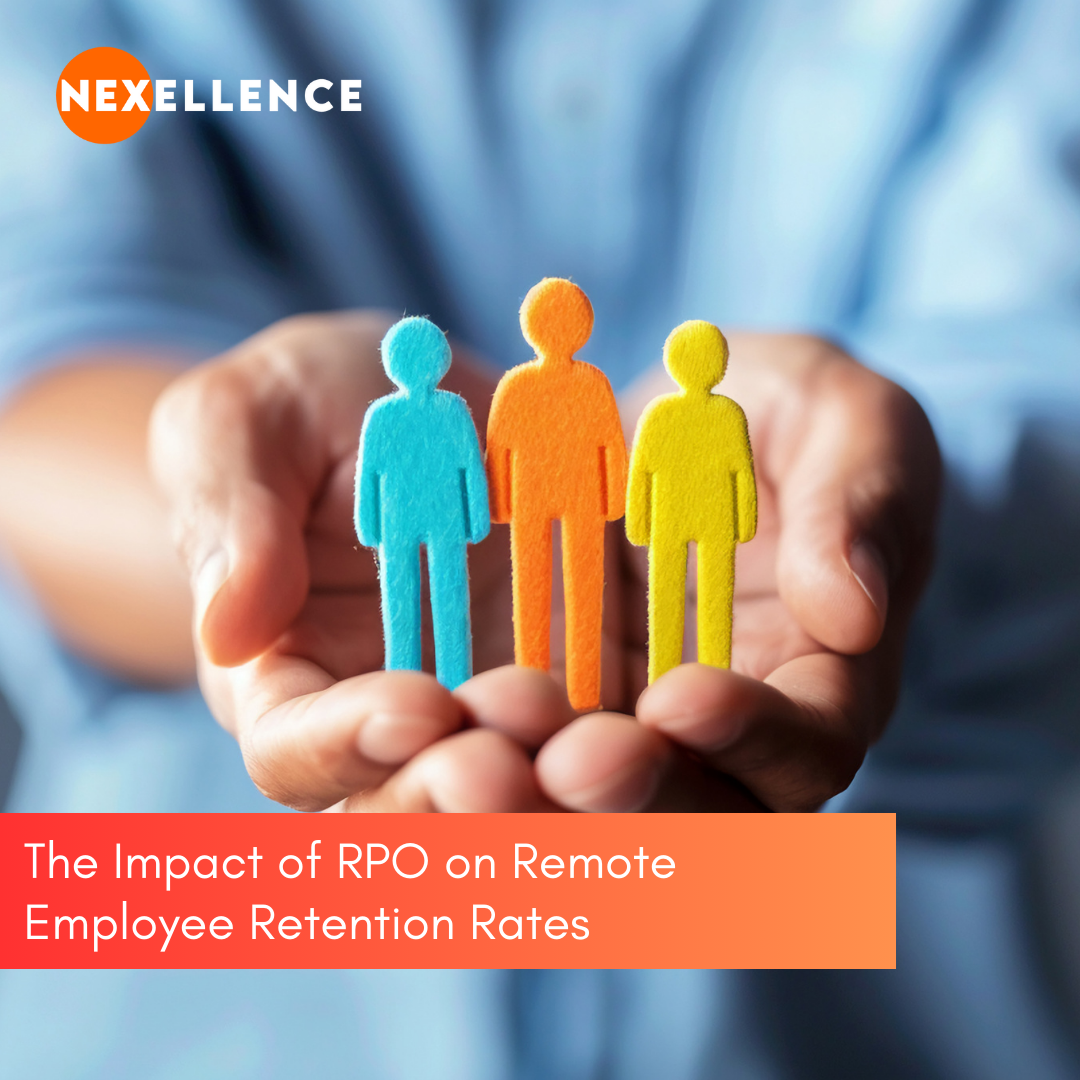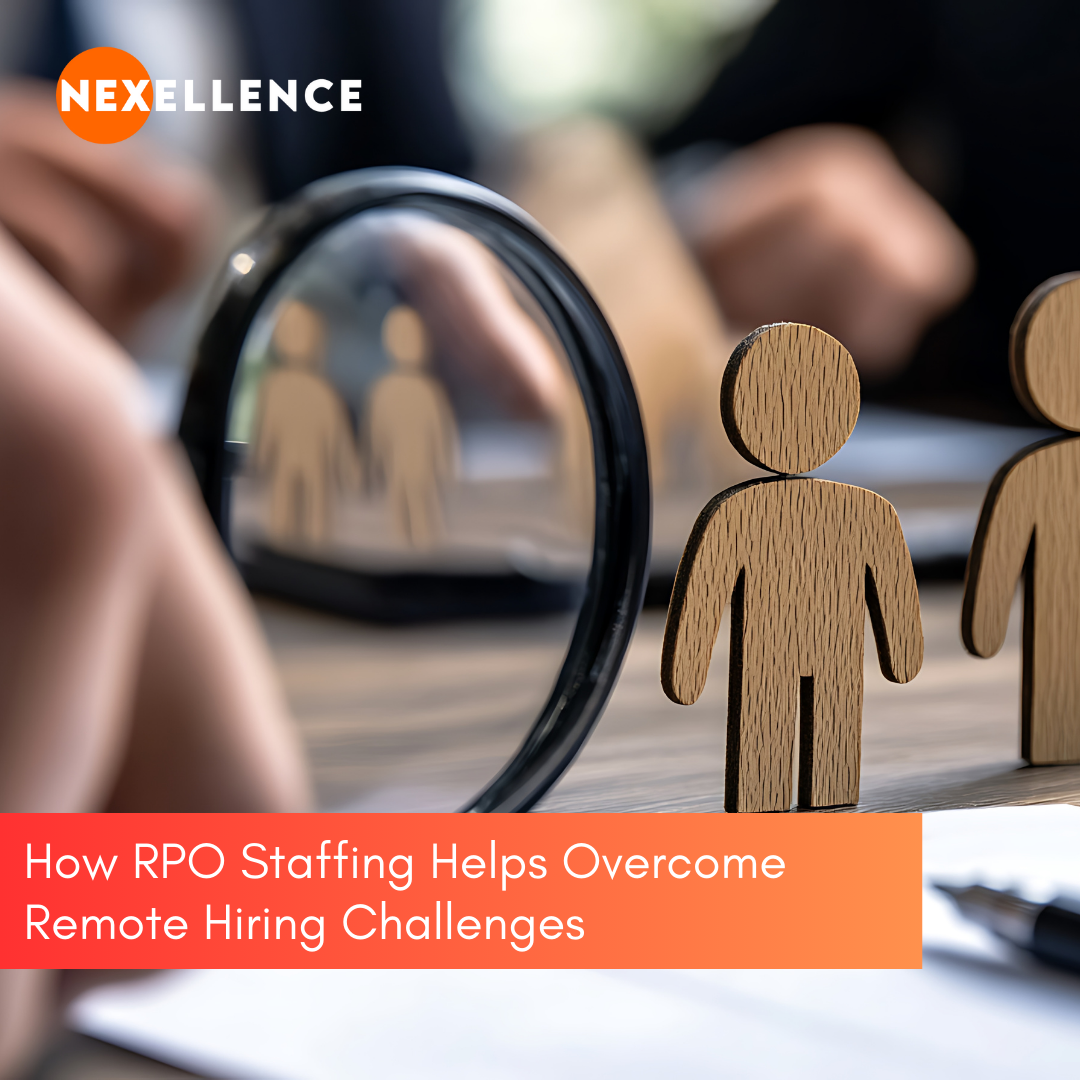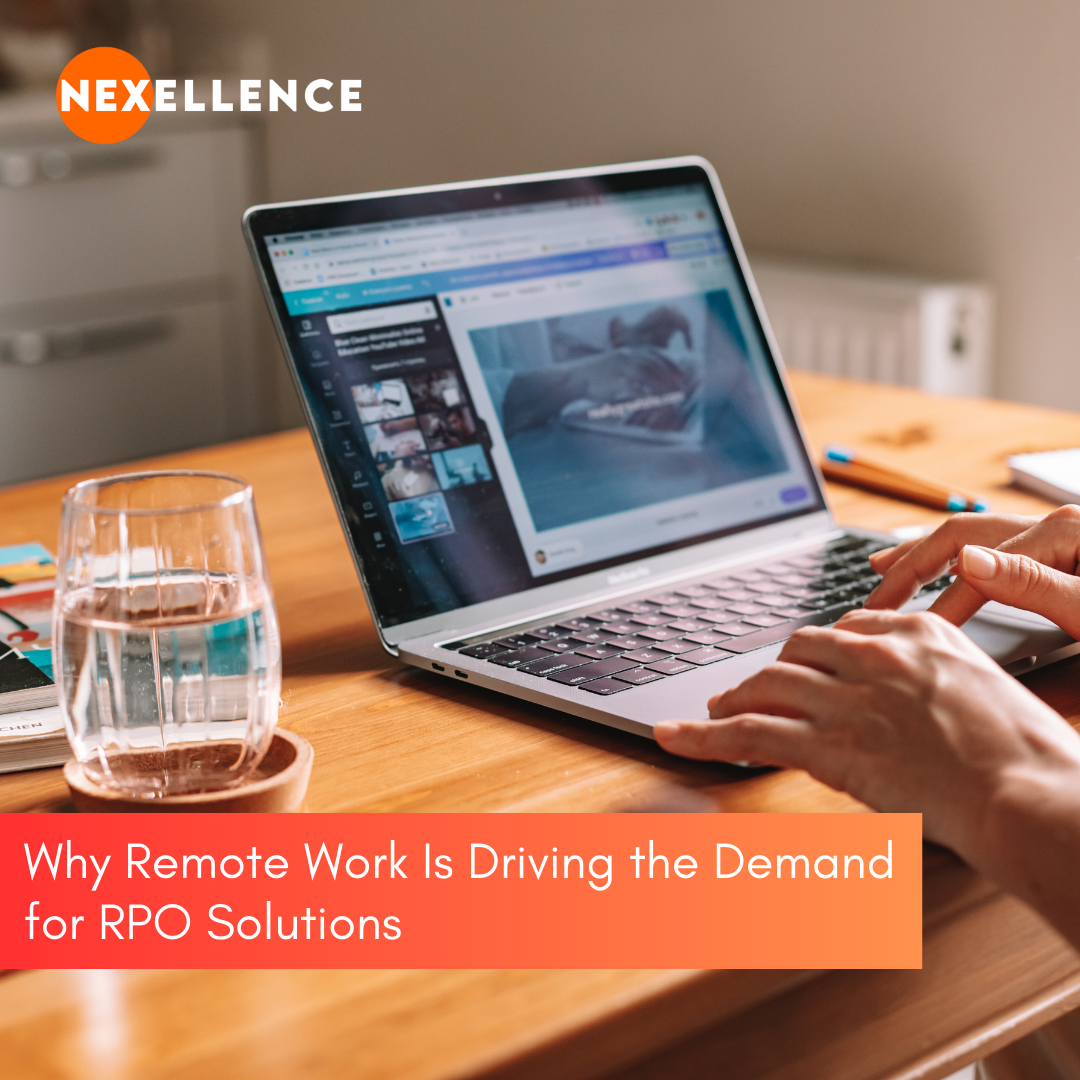Looking ahead to 2025, recruitment trends will likely continue to evolve as technology, societal expectations, and economic factors shape the talent acquisition landscape. Here are some emerging trends to watch:
1.AI-Enhanced Candidate Experience
AI will continue to play a major role in shaping the recruitment process, but by 2025, we’ll see even more advanced tools used to personalize the candidate experience. AI will not only automate routine tasks but also engage candidates in more human-like interactions, creating a smoother and more responsive application journey.
2.Advanced Predictive Analytics for Hiring
Recruitment will become increasingly data-driven, with companies relying on predictive analytics to forecast candidate success, potential longevity, and job satisfaction. These tools will help hiring managers make better-informed decisions and reduce hiring risks.
3.Skills-Based Hiring with Advanced Skill Assessments
Skills-based hiring will move beyond just screening resumes. Employers will implement advanced skill assessment tools such as simulations, technical tests, or real-time problem-solving scenarios to better gauge a candidate’s fit for a role, especially as job requirements become more dynamic.
4.Talent Pool Automation
Automated talent pools will become more sophisticated. Recruiting platforms will automatically update and manage talent pools, keeping track of passive candidates who may be a fit for future roles. These pools will be intelligently matched with hiring needs based on real-time data and algorithmic predictions.
5.Remote Work as a Standard Option
By 2025, remote and hybrid work will be the default, not just a perk. While in-office work will still exist, many companies will embrace long-term remote or hybrid models to attract global talent, reduce costs, and promote flexibility in employee work-life balance.
6.Focus on Employee Retention in Hiring Strategies
Rather than just focusing on attracting top talent, companies will increasingly focus on retention strategies during the recruitment process. Candidates will be assessed for cultural fit and long-term alignment with the company’s values, with an emphasis on building sustainable and mutually beneficial relationships.
7.Increased Emphasis on Mental Health and Holistic Benefits
In 2025, recruitment will continue to prioritize employee well-being, with mental health support and holistic benefits becoming central to the hiring conversation. Candidates will seek organizations that offer comprehensive wellness programs, mental health support, and flexible work options to accommodate a balanced lifestyle.
8.Virtual Reality (VR) and Augmented Reality (AR) in Recruitment
VR and AR technologies will increasingly be used for immersive interviews, onboarding processes, and training simulations. This will allow candidates to experience the work environment virtually, giving them a sense of the role before making a commitment.
9.Decentralized Hiring Platforms
Blockchain technology and decentralized recruitment platforms may become more prominent, allowing for a more transparent, secure, and efficient hiring process. This can include smart contracts for recruitment agreements and enhanced verification of credentials to reduce fraud and increase trust.
10.Global Workforce Integration
As businesses continue to go global, talent acquisition strategies will become more focused on hiring diverse, remote teams from around the world. By 2025, recruitment processes will increasingly embrace different cultural and legal frameworks, adapting to local nuances while ensuring cohesive global teams.
11.Sustainability and Social Responsibility
As environmental and social responsibility become key values for many organizations, recruitment efforts will reflect these priorities. Companies will actively seek candidates who align with their sustainability goals, and candidates will be more selective, choosing employers whose values align with their own.
12.Gig and Hybrid Employment Models
The gig economy will continue to grow, but by 2025, hybrid models combining full-time and gig work will become more common. Employees might take on a mix of permanent and freelance roles, leading to more flexible job structures that meet diverse workforce needs.
By 2025, recruitment will be driven by data, AI, and an ever-more diverse talent pool. The focus will be on creating a better candidate experience, offering more flexible and inclusive work environments, and maintaining a long-term focus on employee well-being and engagement.





